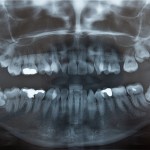
Back in February, I blogged about a cohort study published in the New England Journal of Medicine, which concluded that ADHD drugs are not linked with an increased risk of serious cardiovascular events. The last few years has seen heated debate about the use of central nervous stimulants in children and young people. The lack [read the full story…]








